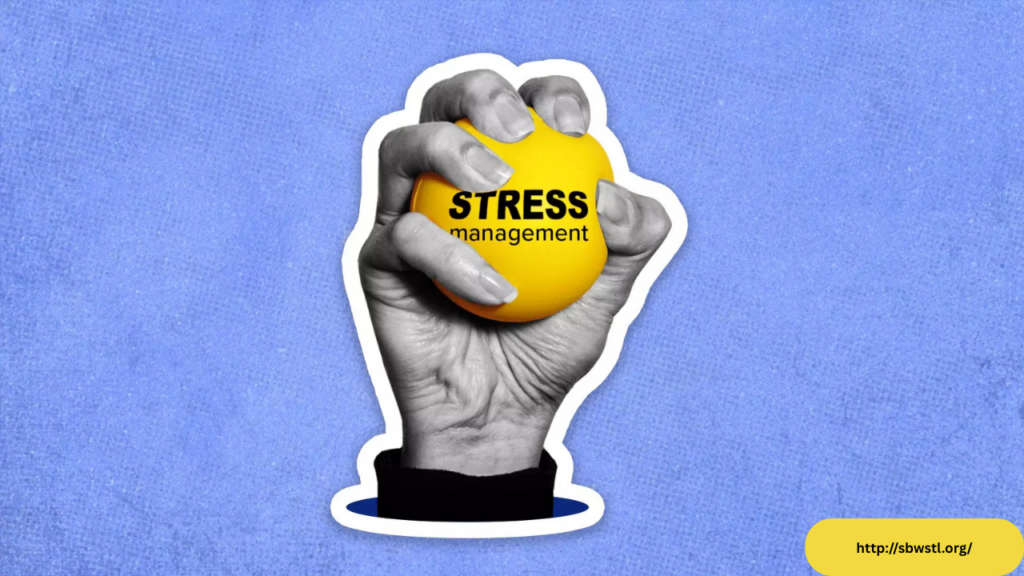
Small business owners often find themselves at the helm of many responsibilities, juggling operations, finances, marketing, and customer service—all while trying to stay on top of personal life. Unfortunately, this level of multitasking can quickly lead to burnout, leaving you feeling overwhelmed and depleted. However, stress management doesn’t have to be out of reach. Here are practical tips to help you go from burnout to bliss and regain control of your life.
1. Identify the Sources of Stress
Understanding the root causes of your stress is the first step toward managing it effectively. Take a moment to reflect on what triggers your feelings of overwhelm. Is it tight deadlines, financial strain, or the constant pressure to grow your business? Once you’ve identified these stressors, you can develop targeted strategies to address them.
For instance, if client demands are causing stress, consider setting clearer expectations upfront. If cash flow is an issue, you could explore better budgeting or securing additional funding. Pinpointing specific stressors allows you to tackle them head-on.
2. Prioritize Self-Care
Taking care of yourself is often overlooked in the face of business pressures, but it’s essential for maintaining mental and physical health. Stress is much harder to manage when you’re running on empty. Make self-care a priority by incorporating regular breaks, exercise, and healthy meals into your routine.
Even small changes, like taking a walk during lunch or practicing mindfulness for five minutes each day, can significantly reduce stress. Ensure you’re getting enough sleep each night—lack of rest can exacerbate anxiety and hinder productivity.
3. Delegate Tasks
Trying to do everything yourself can quickly lead to burnout. As a small business owner, it’s natural to want to oversee every detail, but it’s important to recognize when you need help. Delegating tasks to trusted employees or outsourcing specific functions—like bookkeeping or social media management—can relieve pressure and allow you to focus on the bigger picture.
By letting go of some responsibilities, you can free up your time and energy for strategic decision-making and ensure that your business runs smoothly without overwhelming yourself.
4. Practice Time Management
Effective time management is key to reducing stress. Use tools like planners or digital calendars to schedule your day efficiently. Break larger projects into smaller, manageable tasks and focus on one thing at a time to avoid feeling overwhelmed by your to-do list.
Avoid the temptation to multitask, as it often leads to errors and increases stress. Instead, batch similar tasks together, and tackle them during designated time slots. This creates a sense of structure and accomplishment, helping you manage your workload without stress.
5. Set Boundaries
Small business owners often struggle with finding the right work-life balance. Without clear boundaries, work can seep into personal time, leading to burnout. Set firm boundaries by establishing “work hours” and sticking to them. Communicate these boundaries to clients and employees so they know when you’re available and when you’re off-limits.
Respect your personal time as much as your work hours. Whether it’s shutting off work emails at night or taking weekends off, setting these boundaries ensures you have time to recharge and relax.
6. Seek Support
Running a small business can be isolating, but it doesn’t have to be. Connecting with other entrepreneurs, mentors, or support groups can provide invaluable emotional relief and practical advice. Talking to others who understand the challenges of business ownership can offer fresh perspectives and reduce feelings of stress and isolation.
Conclusion
Stress is an inevitable part of entrepreneurship, but it doesn’t have to take over your life. By identifying your stressors, prioritizing self-care, delegating tasks, managing your time, setting boundaries, and seeking support, you can move from burnout to bliss. Creating a sustainable, healthy approach to stress management will not only improve your well-being but also the success and longevity of your business.